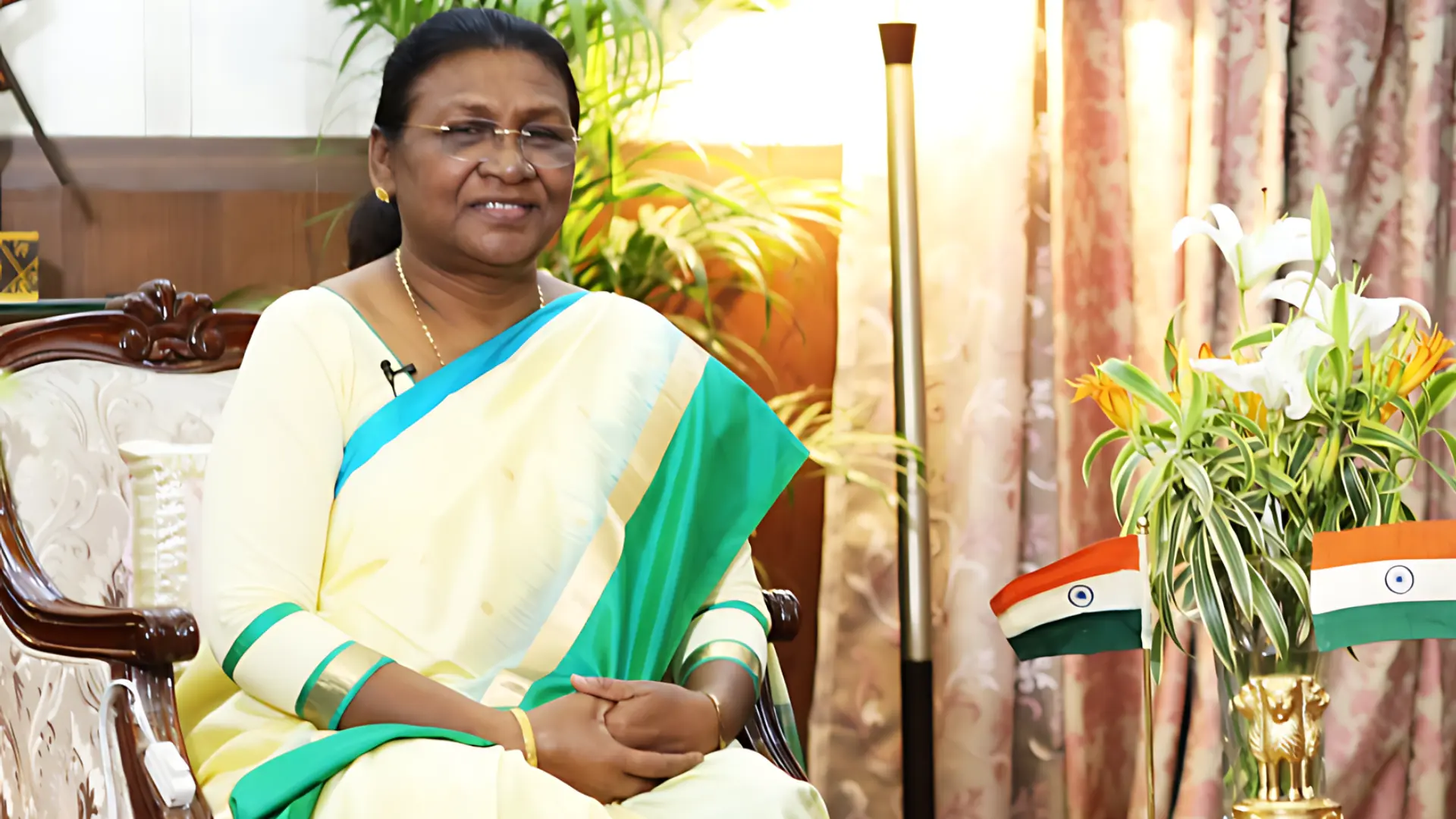South Korean authorities on Wednesday launched a high-profile probe, raiding the presidential office and major law enforcement agencies, such as the National Police Agency, Seoul Metropolitan Police Department, and the State Council Security Service. The raids are part of an inquiry into President Yoon Suk Yeol’s declaration of martial law on December 3, according to Yonhap News.
President Yoon Accused of Sedition
President Yoon is accused of sedition in connection with the sudden imposition of martial law, which critics say he did to suppress dissent. Although Yoon has not been arrested or formally interrogated, the investigation is gaining momentum with the arrest of two senior police officials recently.
Political instability and unrest, governance questions, financial markets destabilized, and even the competency of Yoon to navigate his term through have surfaced in the controversy.
Senior Police Officials in Custody
Two senior police officers, National Police Agency Commissioner General Cho Ji-ho and Seoul Metropolitan Police Chief Kim Bong-sik, have been arrested for allegedly preventing officials from entering the National Assembly during a vote to revoke martial law. The two arrested officers are being held at the Namdaemun Police Station in Seoul as the probe continues.
South Korea’s Democratic Party has threatened to introduce a new impeachment motion against President Yoon this Saturday following a ruling party boycott which scuttled its first attempt. According to South Korea’s opposition, declaring martial law has been paralysis of governance and puts democracy into danger.
“The president’s actions have created a political and constitutional crisis that South Korea cannot afford,” a Democratic Party spokesperson stated.
Amid growing calls for impeachment, conservative party leaders have proposed sidelining President Yoon to enable an orderly transition to early elections. Critics, however, contend that South Korea’s Constitution only allows impeachment as a legitimate mechanism for suspending presidential authority.
The Defense Ministry confirmed that Yoon continues to hold full command over the military, intensifying debates over the constitutional validity of martial law and the ongoing political crisis.
Broader Implications for South Korea
The martial law controversy has plunged South Korea into political uncertainty, but which impacts foreign policy and threatens to undermine economic stability along with the country’s overall international image. Prolonged turmoil would send warning signals to investors worldwide and delay South Korea’s recovery from its financial doldrums.
As this investigation unfolds along with impeachment debate, this period represents a watershed in the country’s modern history.
Also Read: The Horror Of Syria Prison: From Rapes To Electric Shocks Disclosed After End Of Assad’s Regime



















